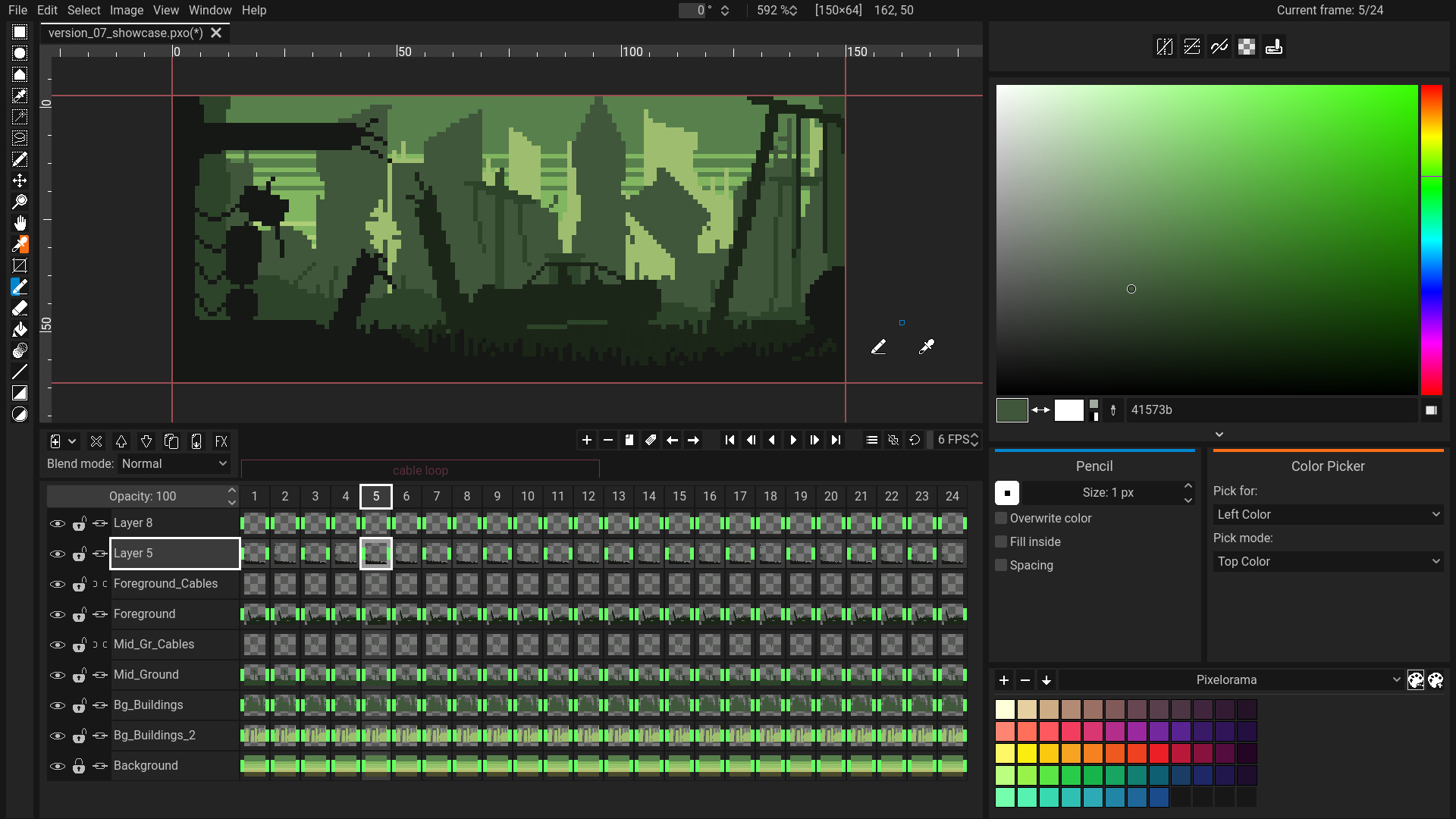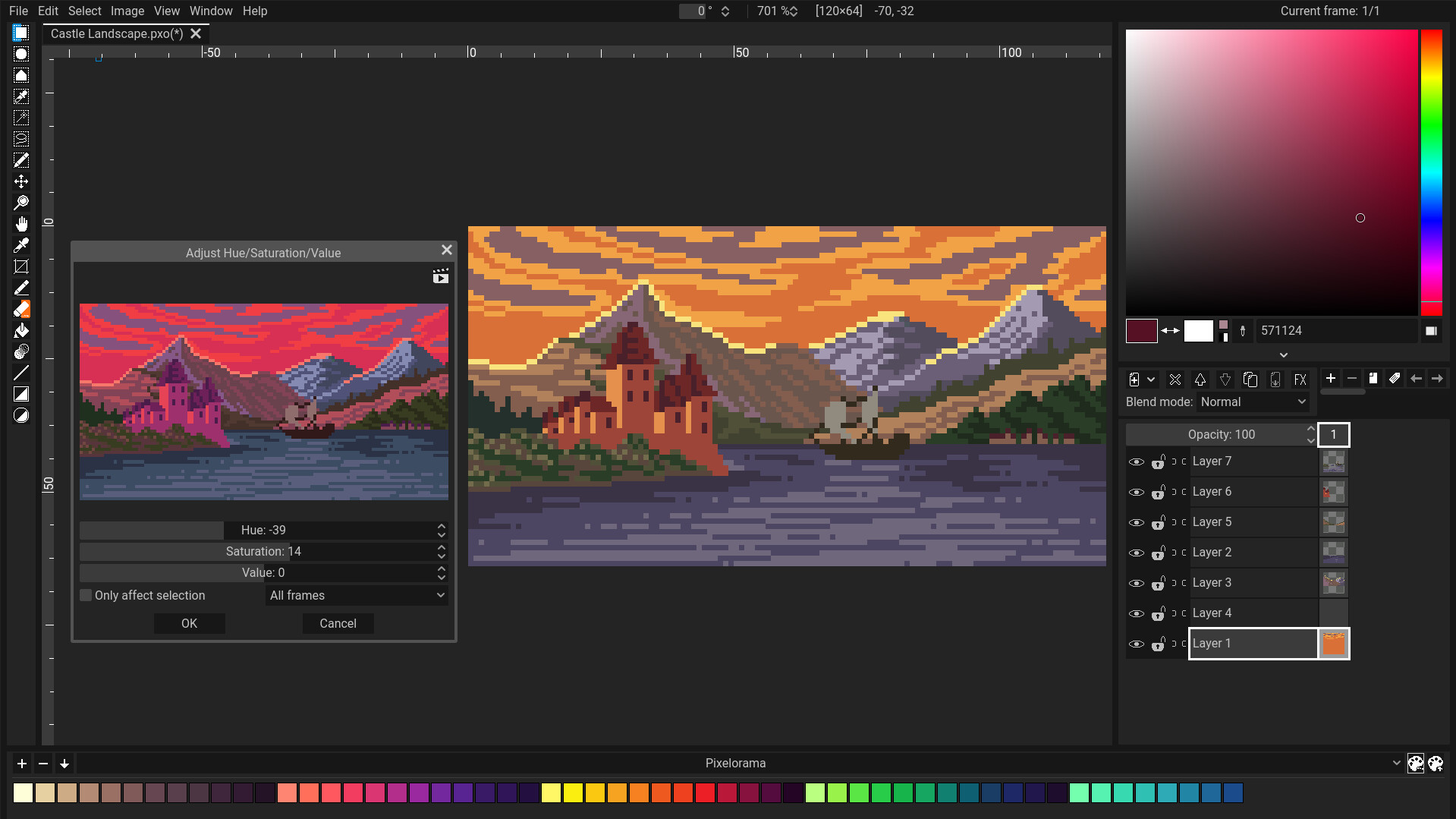Regarding the localization discussion, I think there is a lot of nuance, especially as it relates to the setting and style of a game and how that (should) affect localization decisions.
People often seem to be
categorically in favor of either literal translation or full-on localization, regardless of external circumstances. I think that is a mistake. Rather than discussing all the the underlying reasons for that (which I don't have the time for right now), I'll just provide two examples to make my point:
- Persona. In this case, I am in favor of a more literal translation. These games and especially their dialogue are directly based on how characters in a Japanese school settings interact. E.g. localizing honorifics has only two possible outcomes: either you end up with unnatural verbiage to try and transport the meaning of a particular choice of honorifics; or you lose part of that meaning, which might be significant.
- On the other end, I'll choose Final Fantasy XII. This is still my favourite localization of all time in JRPGs. Here, we are not dealing with a particularly Japanese society or related social cues -- if anything, this fantasy setting is probably closer to (an idealized fantasy version of) renaissance Europe and the middle east. As such, there is no issue with going heavy on the localization and expressing concepts in fundamentally distinct, but setting-appropriate ways.
Without having played it yet, I would put Eiyuden very firmly into the latter category -- of course, I don't expect it to reach the quality of FFXII's localization, but basically nothing does.
Anyway, people whining about these things often lack the mental capacity for any sort of nuanced analysis (of this or any other topic

).
This seems like a minor wording fix to something that was clearly intended anyway, so I'm sure someone somewhere is losing their minds over it.



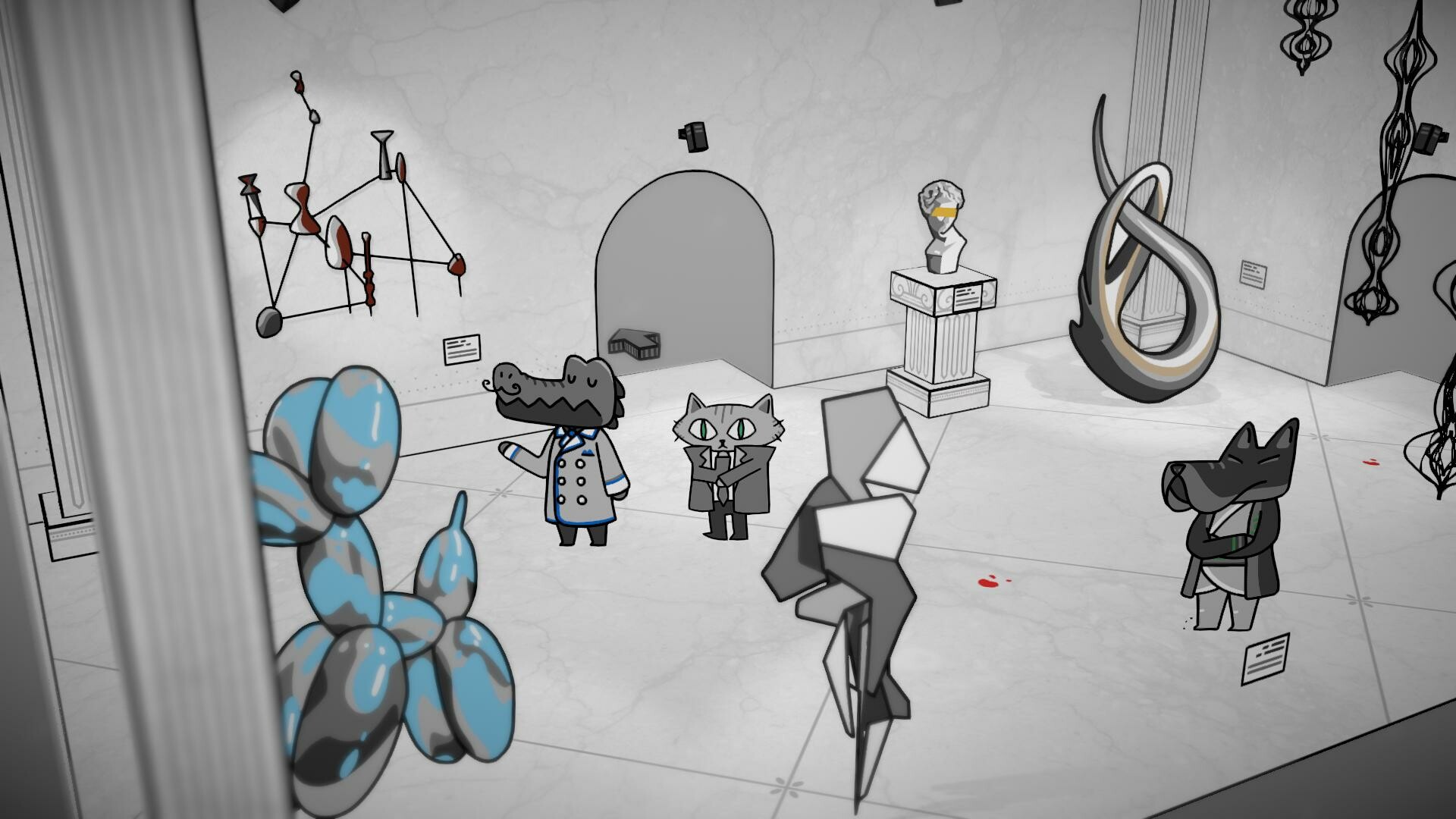
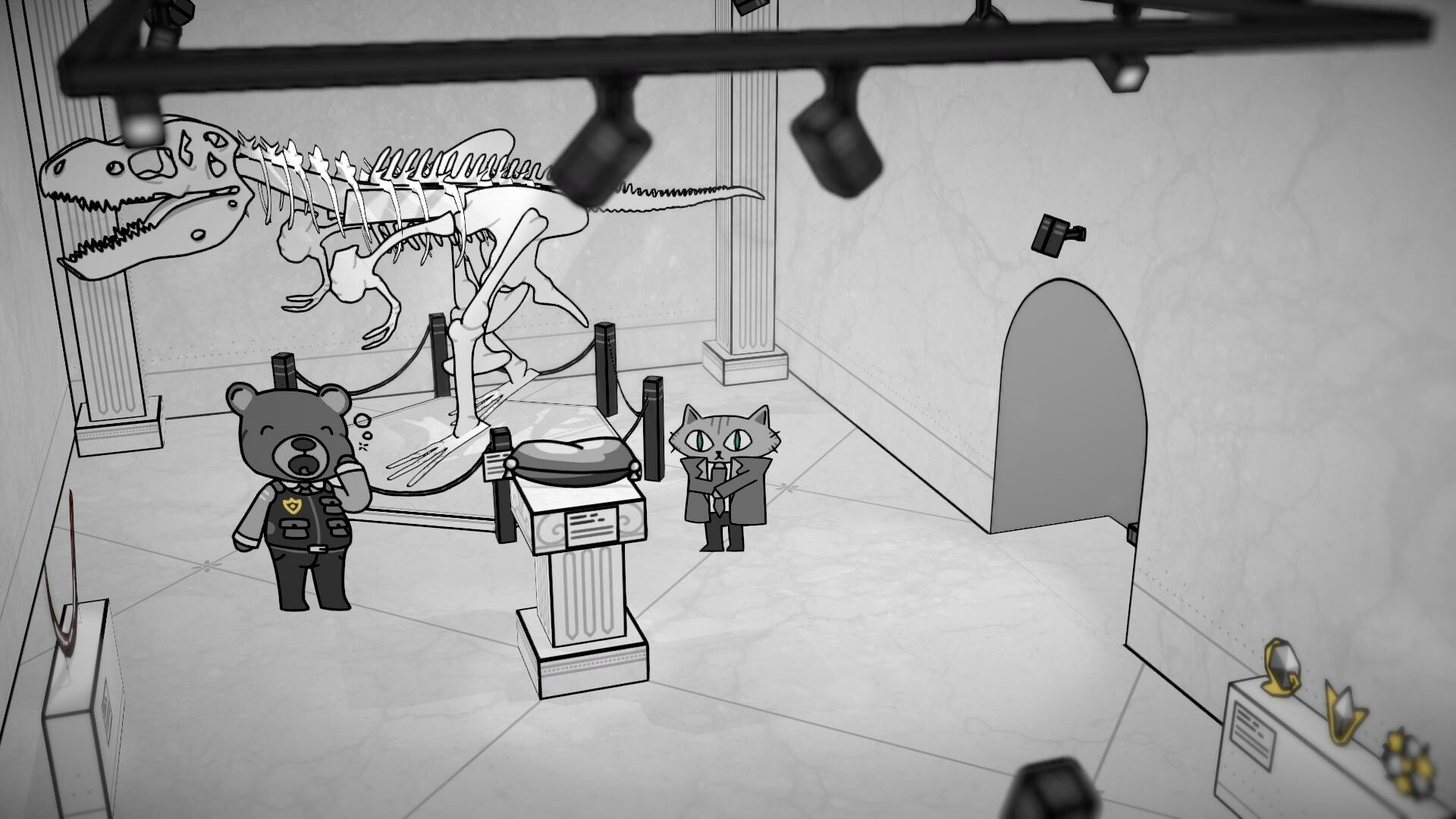
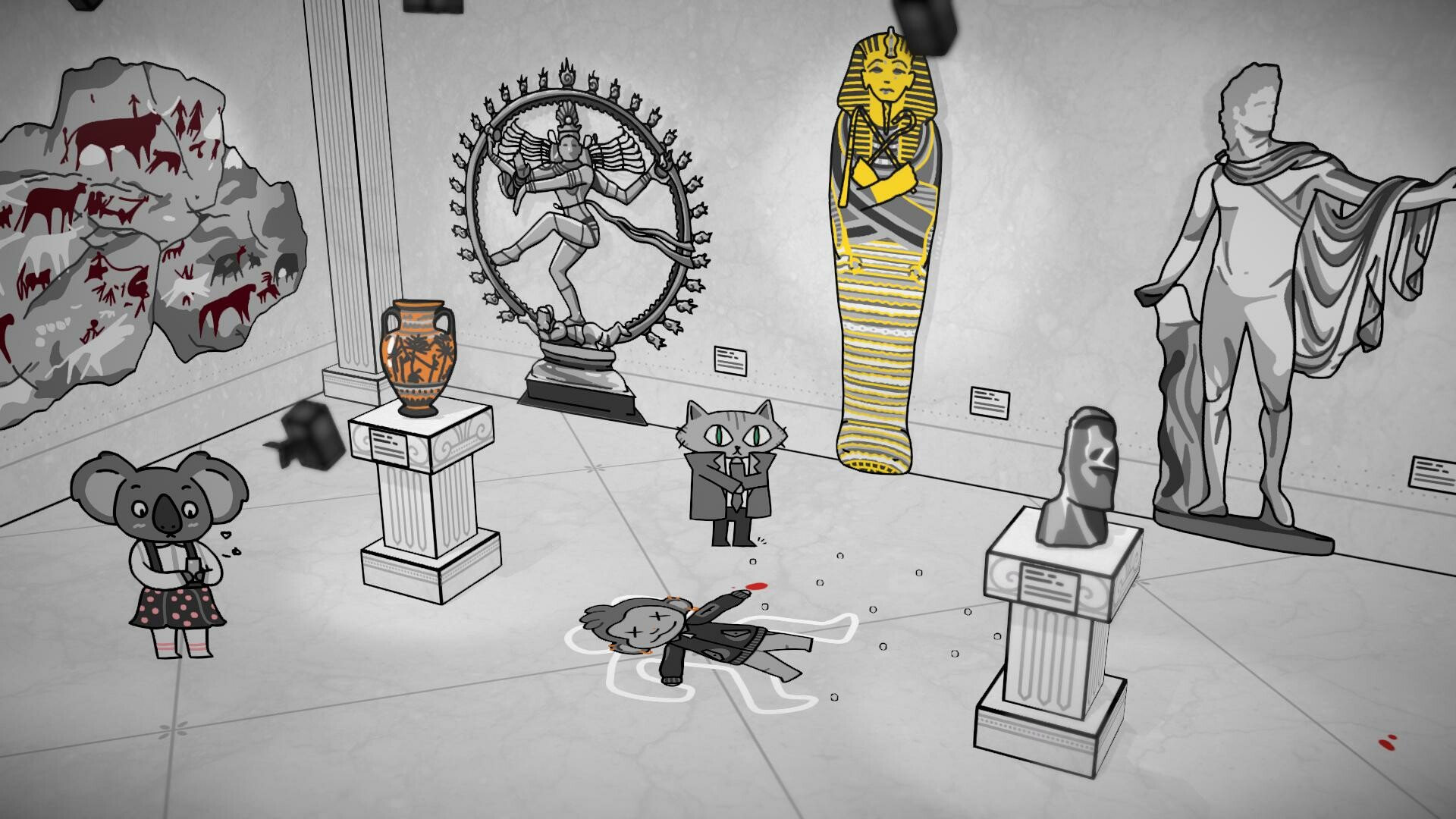








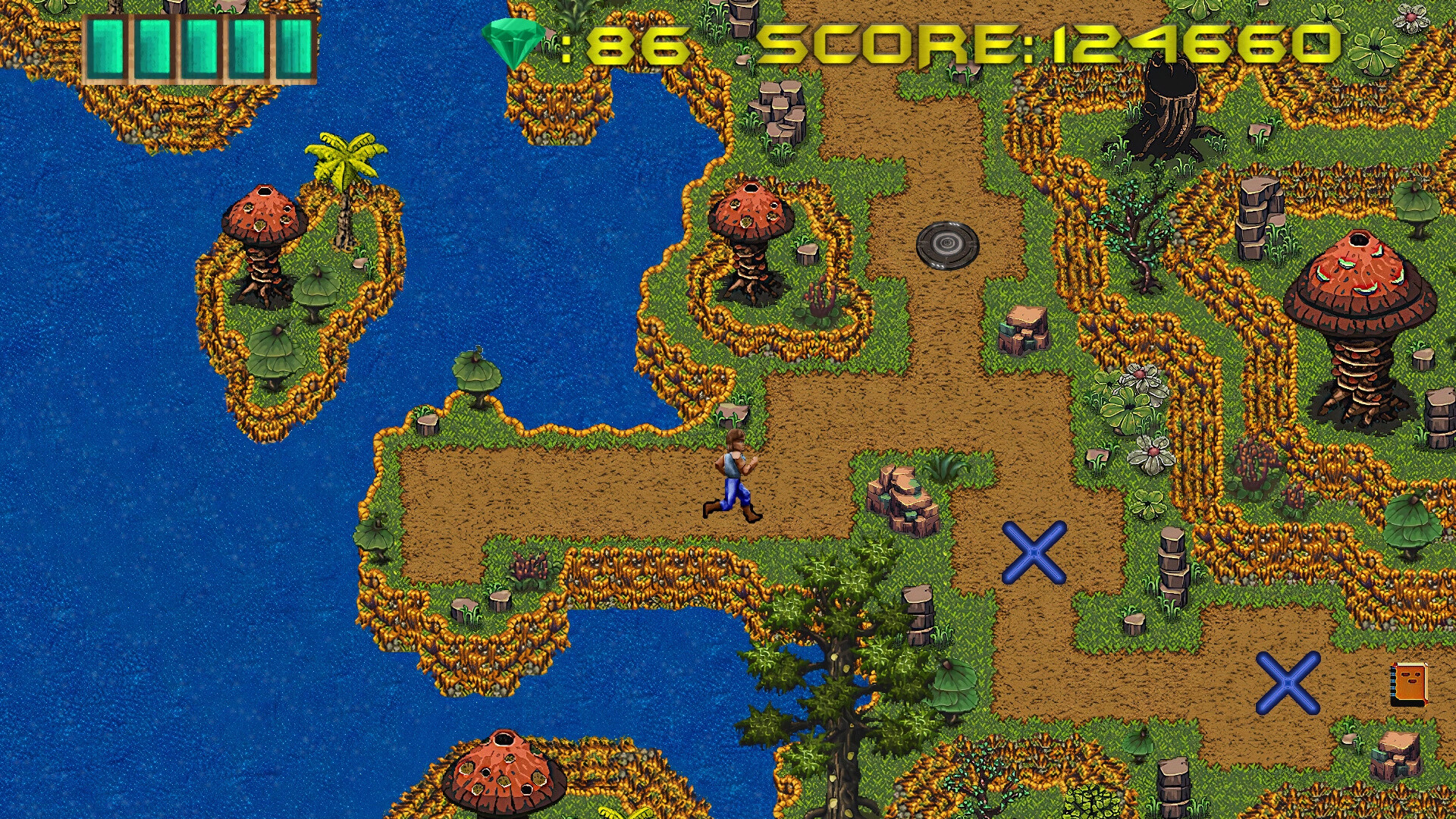

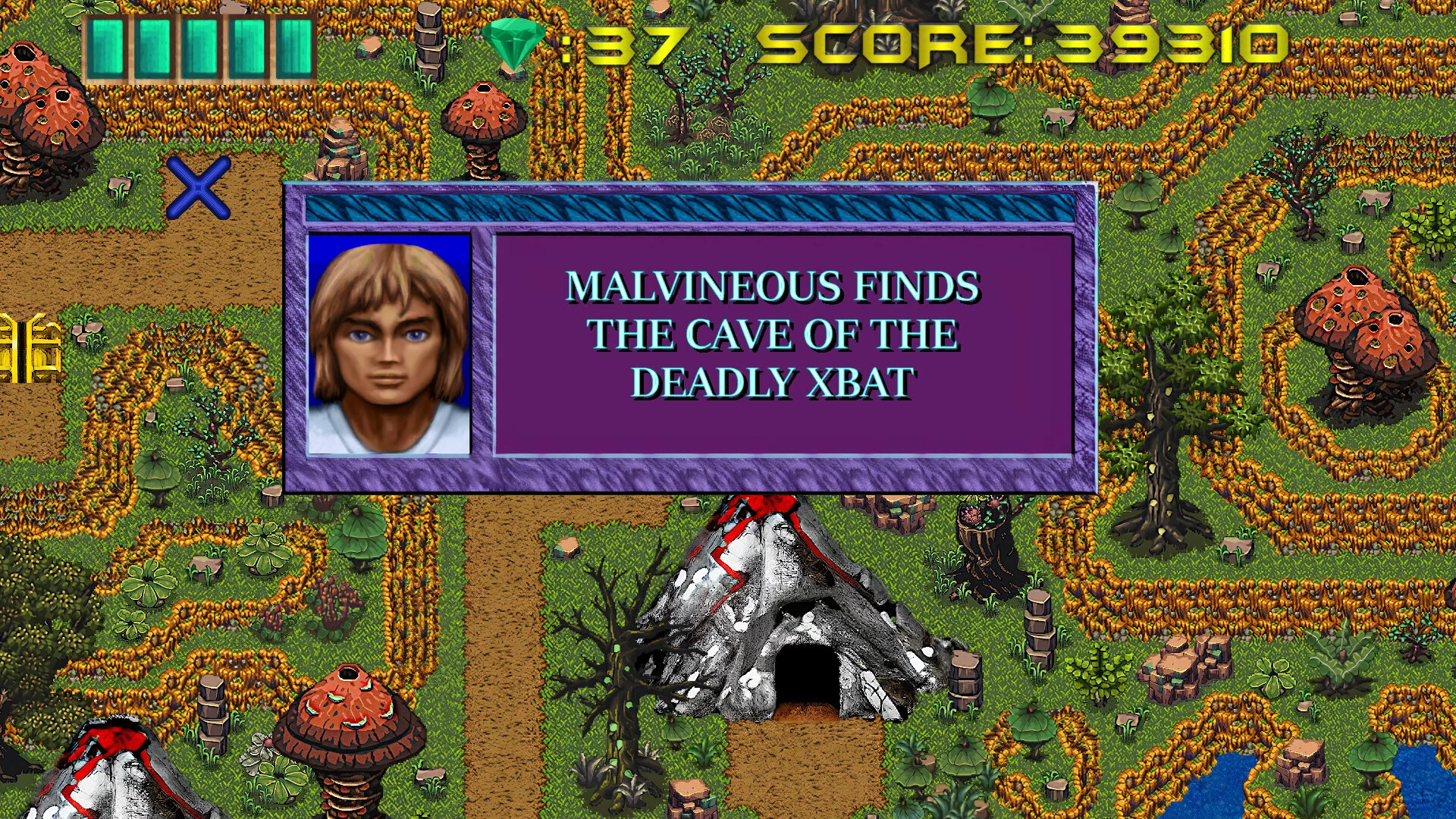












 ).
).




